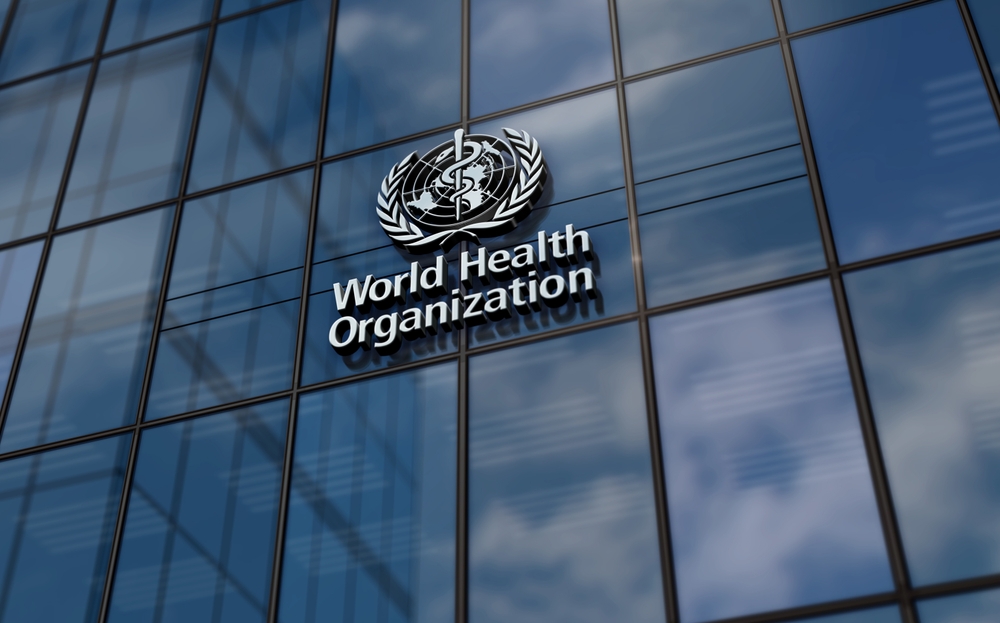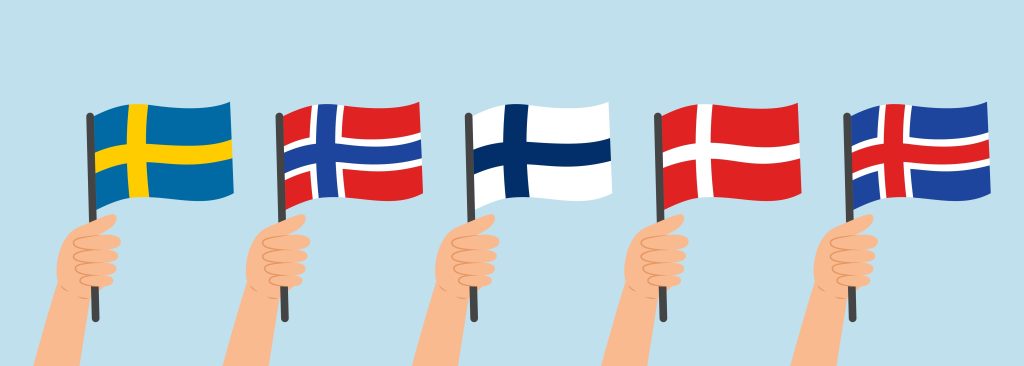Strong Support for Nicotine Pouches Within the EU Shapes the Future
27th Nov 2025

When the World Health Organization’s eleventh Conference of the Parties (COP11) on the tobacco convention concluded, it became clear that several issues, including nicotine pouches, were postponed for the future. There was no global ban, but neither was there a final position. These questions have now been deferred to the next COP in two years, according to Snusjournalen.
The Strong Support Within the EU – Key to the Future
Ahead of COP11, EU member states managed to agree on a common position regarding new nicotine products (NGPs), including nicotine pouches. Countries such as Sweden, Italy, Greece, and the Czech Republic opposed proposals for stricter regulation or bans, while other countries, led by Denmark, pushed for tighter rules. The result was a compromise in which the word “ban” was removed, and the focus shifted instead to “comprehensive regulatory measures.”
What Does This Mean for TPDIII?
The European division over NGPs is expected to have a major impact on the upcoming revision of the Tobacco Products Directive (TPDIII). In the past, both the European Parliament and the Council of Ministers have acted as a counterbalance to the European Commission’s more restrictive approach, and it is likely that this pattern will repeat itself. Complete bans on nicotine pouches or e-cigarettes are less likely, but discussions about further restrictions, especially regarding flavors and packaging design, are to be expected.
Uncertainty, But Also Opportunities
The fact that COP11 ended without clear decisions means a longer period of uncertainty, but also that current regulations will remain in place for now. For advocates of harm reduction and improved public health, including several EU countries, New Zealand, and Saudi Arabia, this is a victory, and it provides a better starting point from the Commission ahead of the TPDIII negotiations.
What Happens Now?
The debate over new nicotine products continues within the EU, where member states remain far apart in their views on how these products should be regulated. This division is expected to shape the work on the upcoming Tobacco Products Directive, TPDIII, and could lead to protracted negotiations where different interests are pitted against each other. At the same time, proposals for both a ban on cigarette filters and a generational ban on nicotine have been set aside, for now.
In this situation, countries that advocate a more pragmatic and harm-reducing approach, such as Sweden, have an opportunity to influence the EU’s future policy in this area and push for regulation based on science and public health rather than unnuanced symbolic politics.






